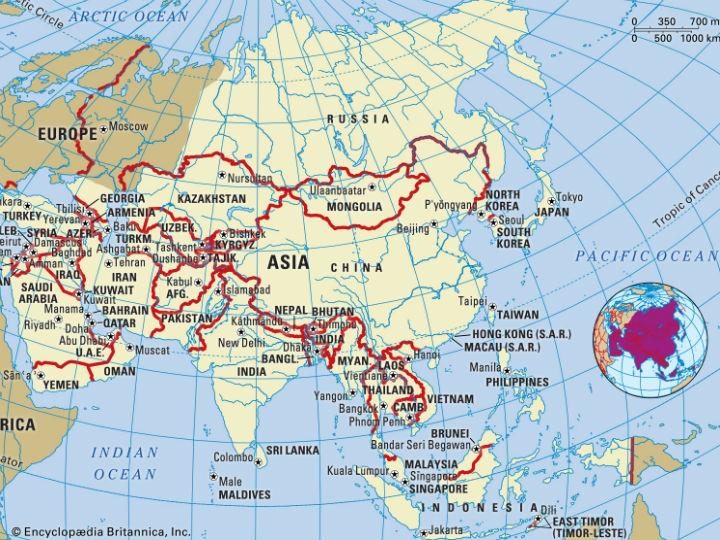As if the earthquake centered in Myanmar in late March 2025 wasn’t tragic enough, Donald Trump further added to Southeast Asia’s plight in early April by setting absurdly high tariffs for those developing countries’ exports.
1
Projections of the effects that climate change, demographic shifts and digitalization will have on poverty levels in Asia by 2040 show stark divergences between optimistic and pessimistic scenarios.
2
Under a relatively optimistic scenario — a global temperature rise of only 1.5° C, populations aging in a healthy manner and significant improvements in information and communications technologies (ICT) production capacity — the projected increase in poverty by 2040 is 199.8 million people — or 6.5% of the total population in the Asia-Pacific region.
3
Under a less optimistic scenario — a global temperature rise of 2° C, no progress in healthy aging and insufficient advancements in ICT productivity — the poverty headcount is projected to increase by 266.1 million people — or 8.7%.
4
To mitigate rising poverty, the Asia-Pacific region would need to generate economic growth averaging about 6.2% of GDP under an optimistic scenario and 8.7% under a pessimistic one.
5
Some countries will be particularly hard hit by different trends. For example, climate change could lead to a rise in poverty rates by over 15% in small countries like Kiribati, Nepal and Tonga.
6
Without healthy aging policies, 10 million more people could fall into poverty due to rising healthcare costs — with Armenia, Kiribati and Mongolia most at risk.
7
Meanwhile, digital technologies could cause job displacement and inequality — especially in countries like Turkey, Vietnam and Vanuatu.
8
Social protection expenditures will need to increase to prevent the projected rise in poverty, requiring enhanced political will and investment.
9
Governments will need to focus on climate action, healthy aging strategies and inclusive digital economies to ensure social stability and economic prosperity.
10
Expanding social protection coverage, including universal health protection and investments in digital literacy, is essential to protect vulnerable populations.
11
As if last week’s earthquake centered in Myanmar wasn’t tragic enough, Donald Trump this week further added to Southeast Asia’s plight by setting absurdly high tariffs for those developing countries’ exports
*first published in TheGlobalist.com




 By: N. Peter Kramer
By: N. Peter Kramer
